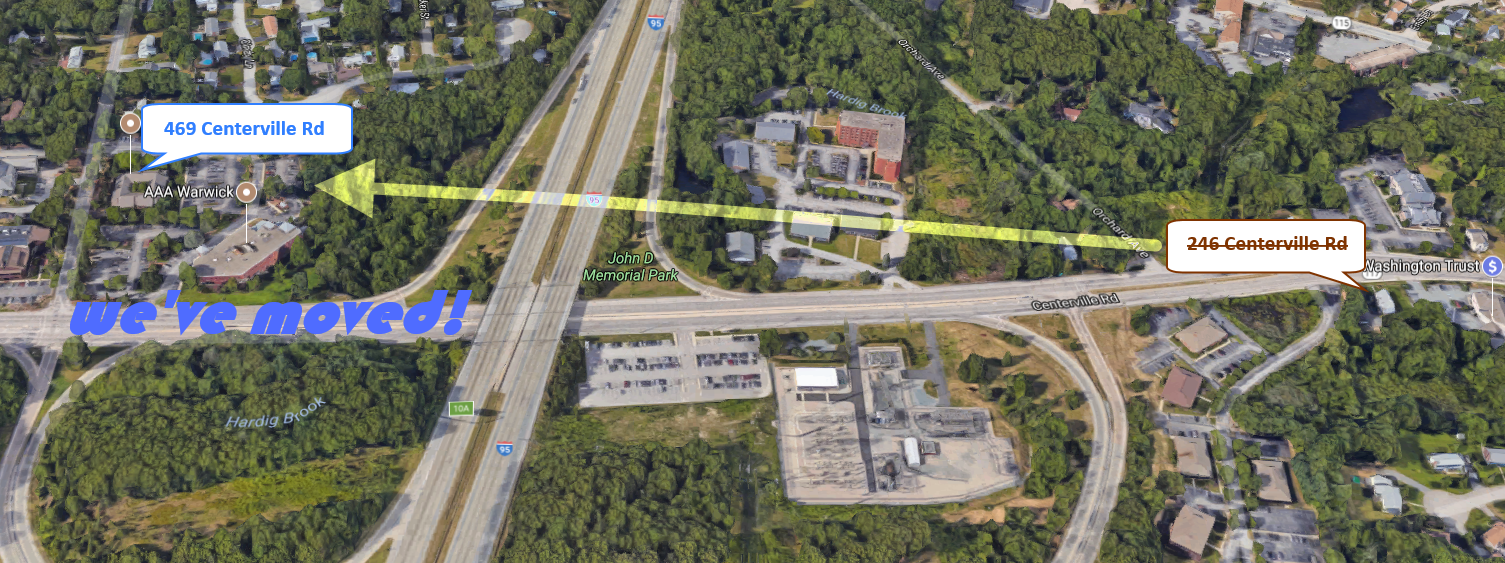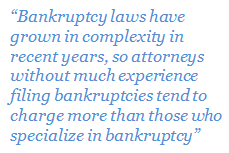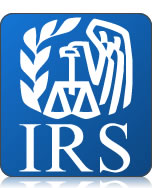The Coronavirus crisis has made many things difficult if not downright impossible. But fortunately — at least for now through early October 2020 — it’s still possible to file bankruptcy in Rhode Island. Here’s a quick list of some of the “essential” details:
- court hearings are being conducted by telephone or video (using Zoom.gov) and can even be viewed via YouTube
- documents are being notarized online
- certain court fees may now be paid online
What hasn’t changed is that there are still Rhode Island attorneys experienced with personal bankruptcy (e.g., Chapter 7 or Chapter 13) who can help guide you through the details of filing bankruptcy. Feel free to give us a call 401-738-3030 or email to set up a free RI bankruptcy consultation.




 I’m unaware of any Rhode Island attorney who charges less than me to file a personal bankruptcy. The typical going attorney rate is probably $1,200 to $1,500 (not counting the $306 filing fee going to the court). I personally think that an attorney’s fee of $1,200 is reasonable and fair – given the amount of work that is involved in handling a Chapter 7 bankruptcy filing correctly. And for particularly complex cases, fees of $1,500 or higher may be appropriate. (Consumers beware: the RI Bankruptcy Court actually restricts attorneys from charging more than $1,500 for a Chapter 7 filing without prior court approval.) Also, some attorneys (including myself) offer discounts to seniors and others with extremely simple cases.
I’m unaware of any Rhode Island attorney who charges less than me to file a personal bankruptcy. The typical going attorney rate is probably $1,200 to $1,500 (not counting the $306 filing fee going to the court). I personally think that an attorney’s fee of $1,200 is reasonable and fair – given the amount of work that is involved in handling a Chapter 7 bankruptcy filing correctly. And for particularly complex cases, fees of $1,500 or higher may be appropriate. (Consumers beware: the RI Bankruptcy Court actually restricts attorneys from charging more than $1,500 for a Chapter 7 filing without prior court approval.) Also, some attorneys (including myself) offer discounts to seniors and others with extremely simple cases.




